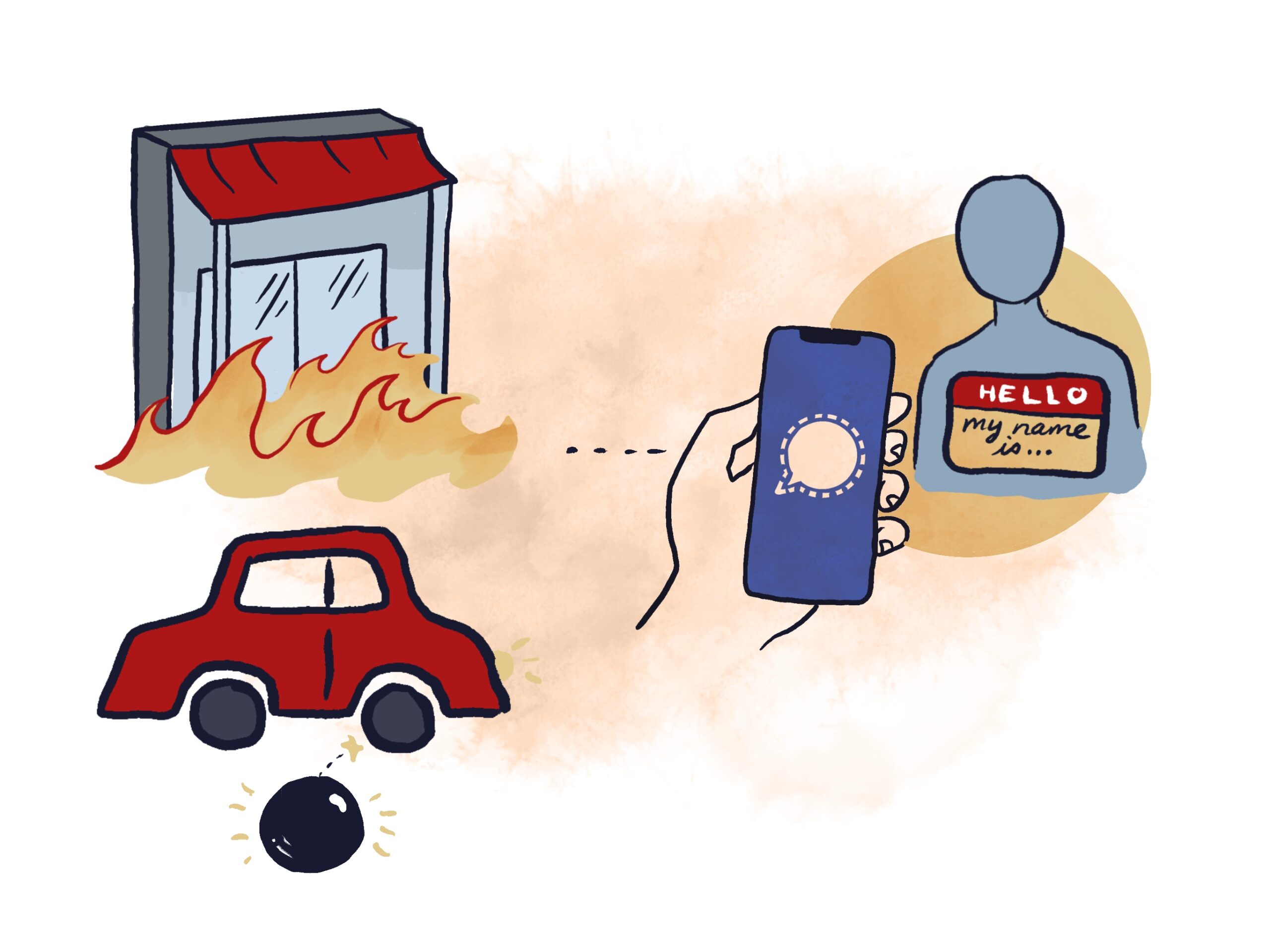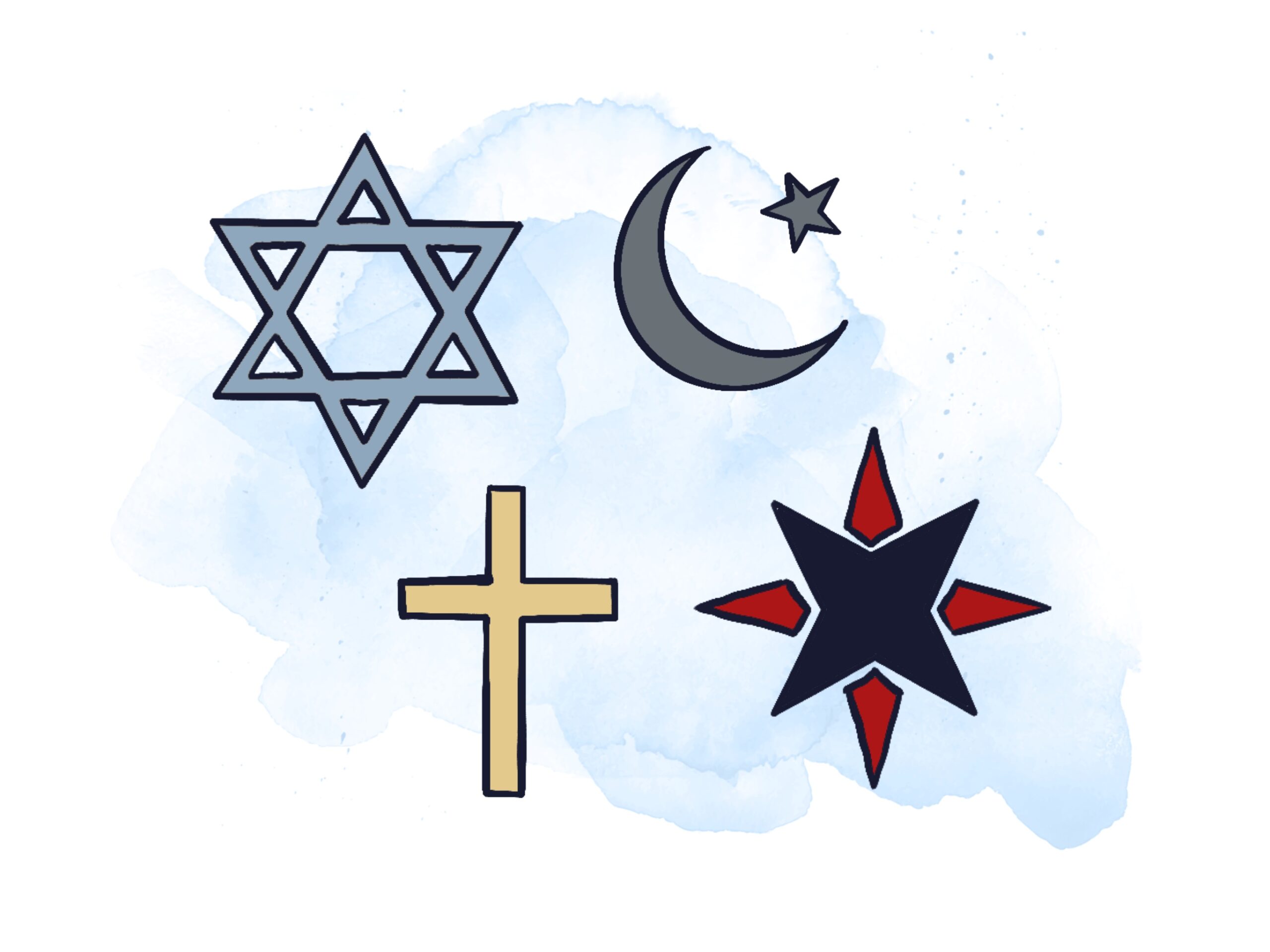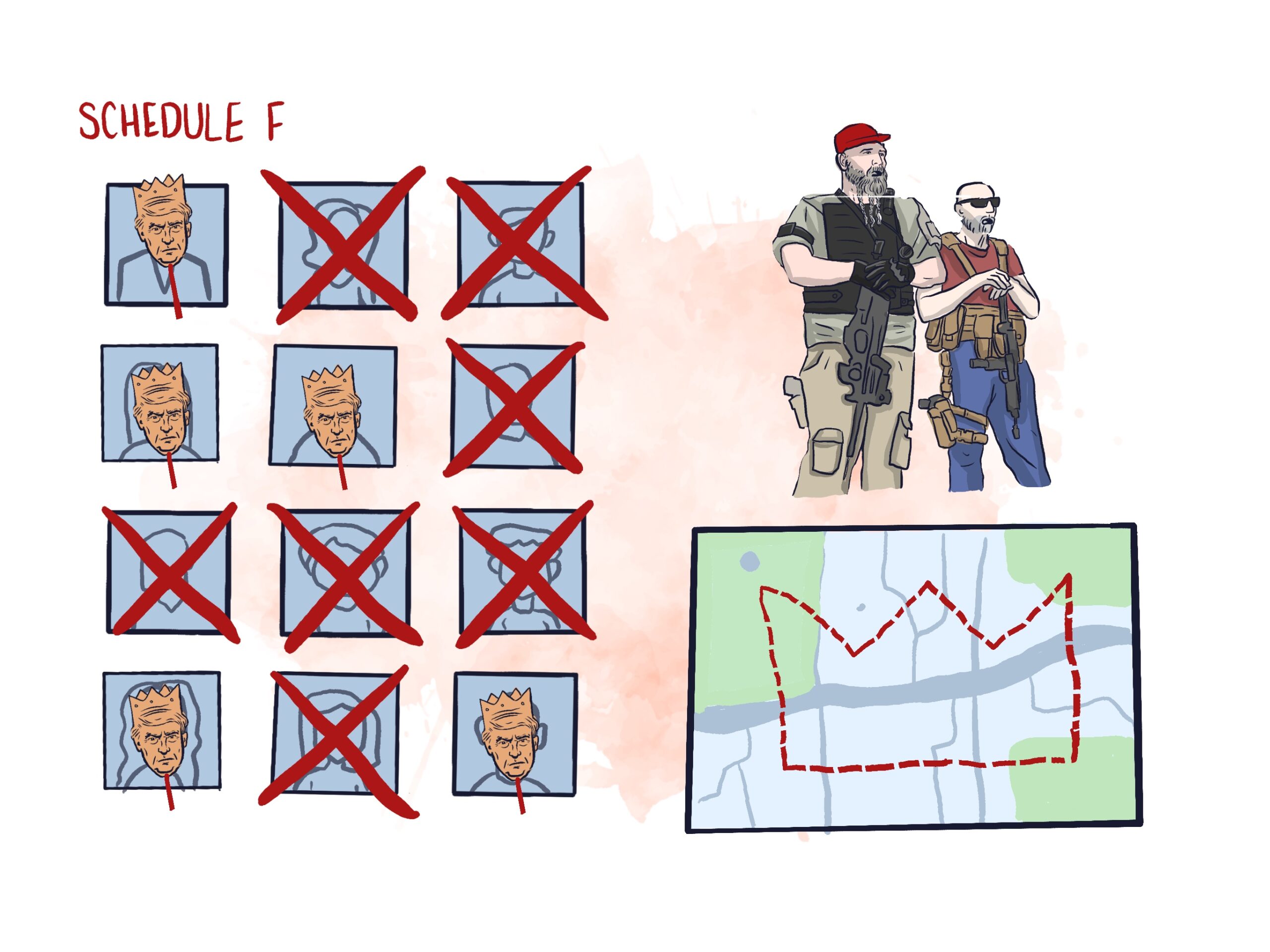After a militia burns several local Black businesses, you help relocate a local businessman who believes he’s a primary target. Each case is hard and painful. Nobody wants to be uprooted from a place. But survival can be an act of courage. Their bravery inspires you to step into more national networking across the Underground Railroad. The primary need is more open conductors — people who “everyone knows” can help get people into the Underground Railroad. These people need to be willing to face harassment and be precise about digital security.


You host open online trainings to recruit conductors — but that doesn’t bring in the right people. You eventually decide to network through existing religious institutions. You find strong allies inside Black churches, Quaker Meetings, Jewish synagogues, and Muslim mosques — all groups who have a history of doing work like this. You expand training on digital security and personal safety.
Even though your work can feel heavy, it feels almost optimistic, starkly different from the toxic political environment. Over the next year, you see small political changes around you. But it feels like barely a dent amidst the national scene. Despite lower poll numbers, Trump continues filling the government with his loyalists. The courts eventually approve his Schedule F reclassification — 50,000 government workers are now being systematically replaced by Trump loyalists. Bureaucratic fights rage across many institutions. Trump installs judges across the country who gerrymander election maps in multiple states to give Republicans long-term power. But your heart tears as you see the language of fear and violence growing: immigrant communities terrified by right-wing militia patrols, increased violence against peaceful protestors, attacks on emissions standards, and exaggerated calls for political arrests.

